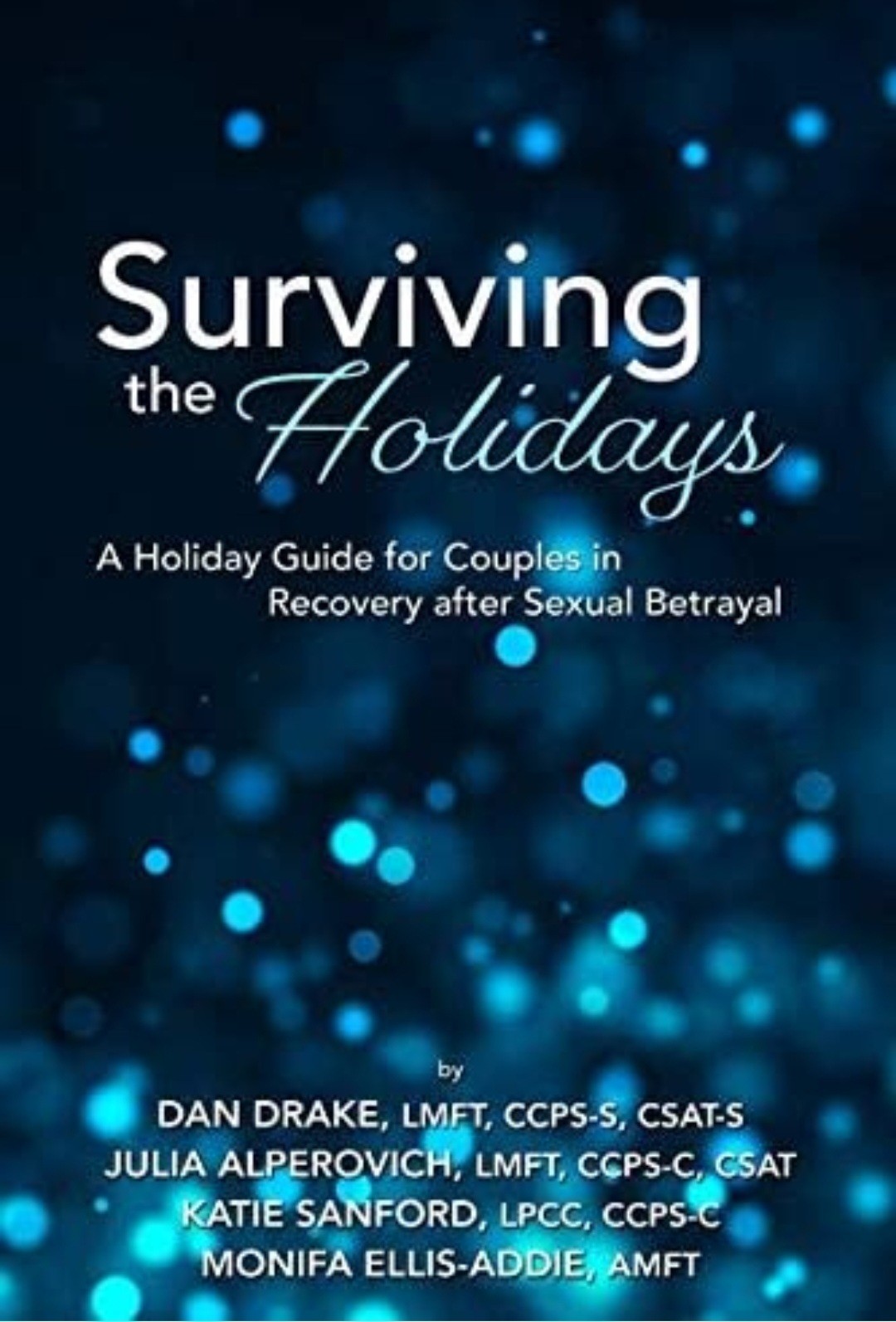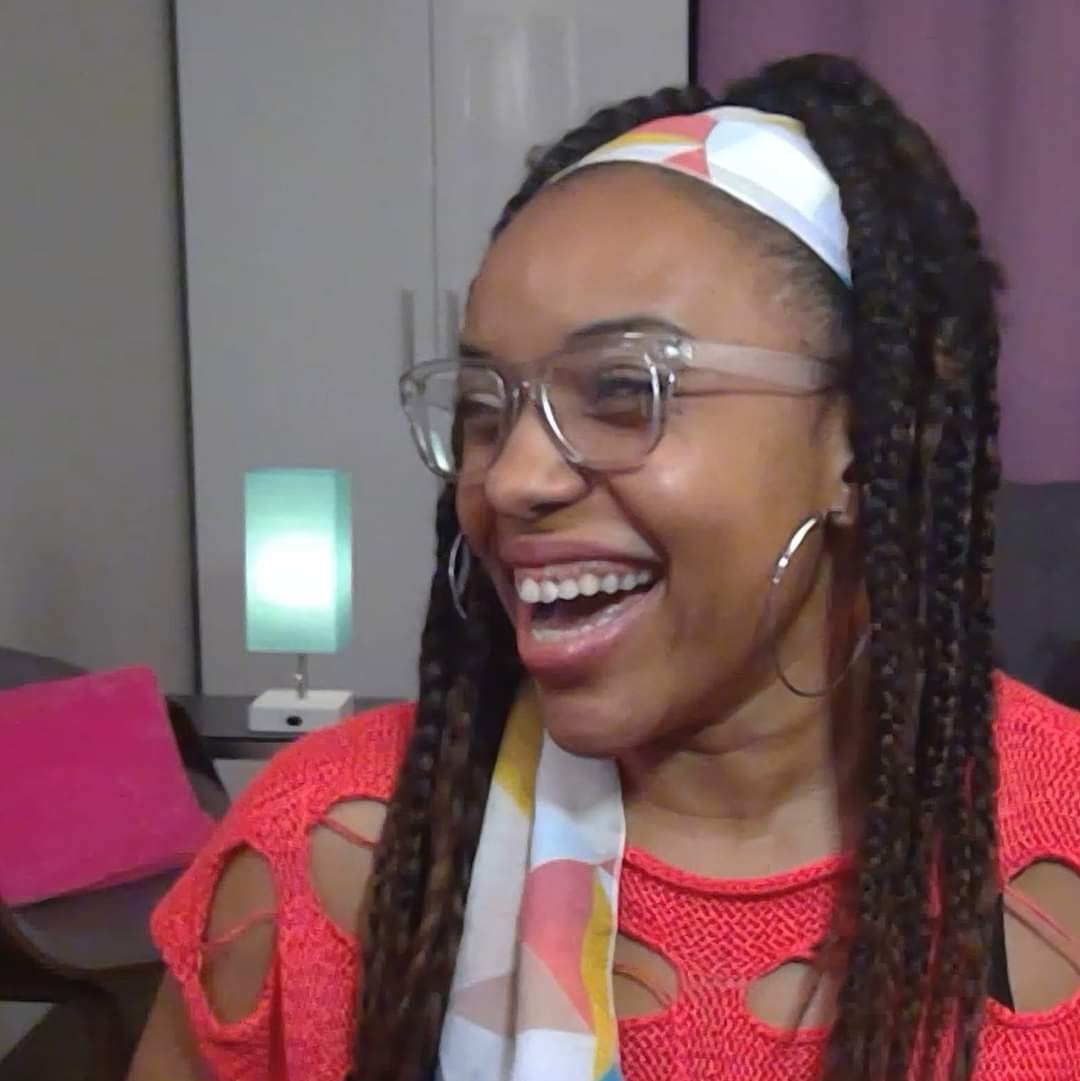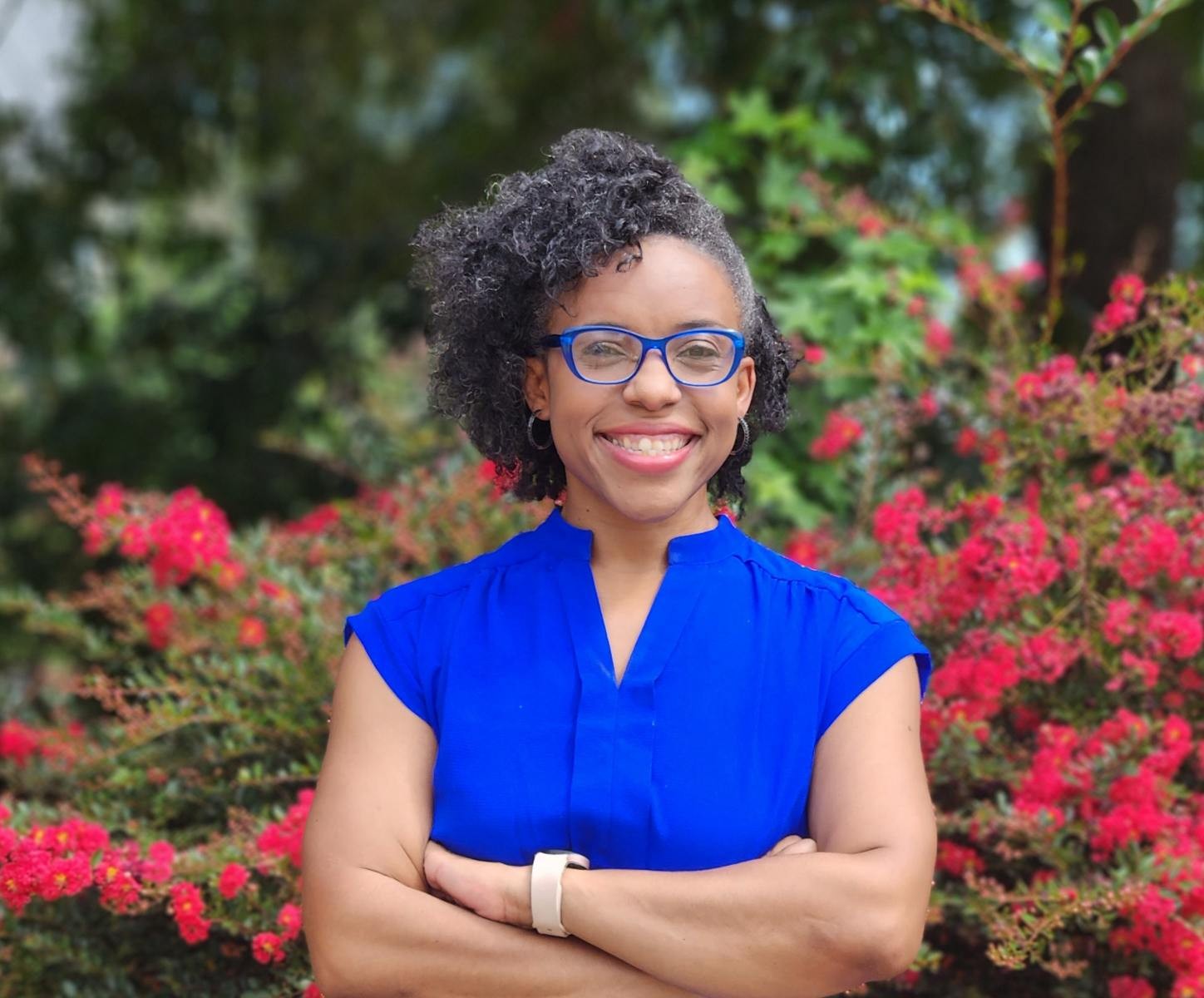We’re excited to introduce you to the always interesting and insightful Monifa Ellis-Addie. We hope you’ll enjoy our conversation with Monifa below.
Monifa, appreciate you joining us today. We’d love to hear the story behind how you got your first job in field that you currently practice in.
Being a therapist is actually my second career. My first career was as a professional dancer. I moved to Los Angeles, CA from New Jersey for dance. As a dancer, I picked up many odd jobs on the side to pay the bills. One of these jobs was as a phone sex operator. This job led to me working at an adult boutique teaching workshops on sexual issues, such as toys and bondage. Through these jobs, I realized that I had a talent to hear unique stories with a nonjudgemental ear. So, I decided to go to school to become a therapist to use my powers for good. I was a little self-conscious in school because, most people (if not everyone) in my cohort had undergrad degrees as psychology majors. I was a dance therapy major, similar but not quite the same thing. I made it very known that my focus was on sexual issues. Unfortunately, the program focused heavily on community mental health. This was because, on average, a graduate would go on to work in community mental health (clinics, department of mental health, nonprofit organizations). This made it particularly difficult to get employment post-graduation. I applied for many places but was denied when they saw my resume was saturated with topics related to sex. Then I finally got a chance to meet with the owners of the Center of Healthy Sex. They loved me but were unable to hire me due to inadequate training hours. Although unable to hire me, the offered for me to come to their 8-week sex therapy training program on a scholarship. I gladly accepted. Here I was able to soak up more information for my niche. Around the 3rd year of being unemployed, I began to feel depressed. My cohort members were working and thriving in community mental health jobs, and I kept getting denied. I pushed through the depression and would go to any and all networking events. At one event, I met someone who suggested I look into Banyan Therapy Group. This private group practice focused on sex addiction and partner betrayal trauma. I didn’t know much about either but looked into it anyway. I emailed the director and he agreed to meet with me. Unlike in the other interviews, he was impressed with my resume, but he could not hire me. This was due to current restructuring of the company. He offered me a chance to come to their monthly didactic supervisor meetings. I had no clue what this was, but I showed up, every month. These meetings were basically free trainings. I went from knowing very little to a knowledgeable novice in a year. I also realized that my previous jobs as a phone sex operator and at the adult store primed me for this area of therapy. Around that year mark, I got a call from the director offering me a job. Ironically, I was turned down for a job from a community mental health center that morning. This new job was as an intake coordinator. It wasn’t yet as a therapist, but I was in the door! In a few months I transitioned to associate therapist while still being the intake coordinator. Now it has been six years, and I am a licensed marriage and family therapist and the clinical content and training director for Banyan Therapy Group. The setup at this job is more than I could’ve imagined. This experience taught me that everyone’s path is unique. Don’t get discouraged when it doesn’t match those around you. Just stay consistent and show up. Eventually what’s meant for you will appear.


Awesome – so before we get into the rest of our questions, can you briefly introduce yourself to our readers.
As I’ve mentioned earlier, I am a licensed marriage and family therapist that specializes in sex addiction, partner betrayal trauma, and sexual wellness. At my group practice, PEACE Wellness Collective (PWC), I assist people in overcoming trauma to become their full healthy self. My approach can be described as direct and empathetic. As humans, it’s easy to become attached to the stories we tell ourselves. I help people deconstruct those stories to get to the truth. This truth is usually not the critical, harsh, sometimes victim, story that we have adopted. The truth allows people to become empowered. My goal in being straightforward is to guide people to focus on what’s relevant and factual. This helps to drown out the many voices that have us going down a distorted rabbit hole, driving us further and further away from the issue itself. This is especially important for my practice where we highlight mental health treatment for people of color. For minorities, society creates many of these false stories for them, making it even more difficult to see their true story. The thing that I most enjoy in my career is watching people heal and become empowered. Watching this transformation fills me with pride and excitement for their new life that they are currently constructing. They talk different, return to activities they once loved process challenges effectively, prioritize their time and health, etc. This transformation requires patience but as long as they are willing to do the work, this transition in how they see the world and their circumstances is inevitable.


Other than training/knowledge, what do you think is most helpful for succeeding in your field?
In the first half of my life, I was trained in tap, jazz, ballet, and Latin dancing. When I decided to go full in to becoming a therapist, I felt that I would be spending lots of my time catching up to the psychology majors in my cohort. Little did I know that my performance background would be extremely helpful in my therapy career. Therapists present often and many therapists are not fans of public speaking. My experience became the thing that set me apart from other therapists. I can be in front of crowds and speak with ease. This led me to get perfect scores in presentations while earning my master’s degree, six podcast interviews, numerous social media marketing videos, a dozen professional presentations, and a job as a professor at my alma mater. My co-workers and partners know that I will eagerly step up for public engagements. Opportunities keep arising with every “performance.” I never would have thought that stage performance would have enhanced my career as a therapist.

Any advice for growing your clientele? What’s been most effective for you?
Building clientele as a therapist can be challenging. Everyone has the general training to treat common issues (anxiety, depression, low self-esteem, etc.). In the beginning, it was helpful to list myself on a well-known directory, like Psychologytoday.com and an affordable therapist directory, like openpathcollective.org. By listing myself on various sites that cover regular fee and sliding scale, I was able to offer my services to a wide range of people. Doing public speaking engagements, such as podcasts, deemed very helpful as my business grew. Lastly but far from least, was to market the thing that makes our practice stand out from the others. PEACE Wellness Collective was founded be me and two colleagues. We are three African American women with three different specialties (sexual wellness, grief treatment, and holistic health). Marketing this through paid advertisement helped to expedite the growth of our clientele.

Contact Info:
- Website: www.pwc-la.com
- Instagram: pwclosangeles
- Facebook: PEACE Wellness Collective
Image Credits
Headshots: Christopher Greenwell


